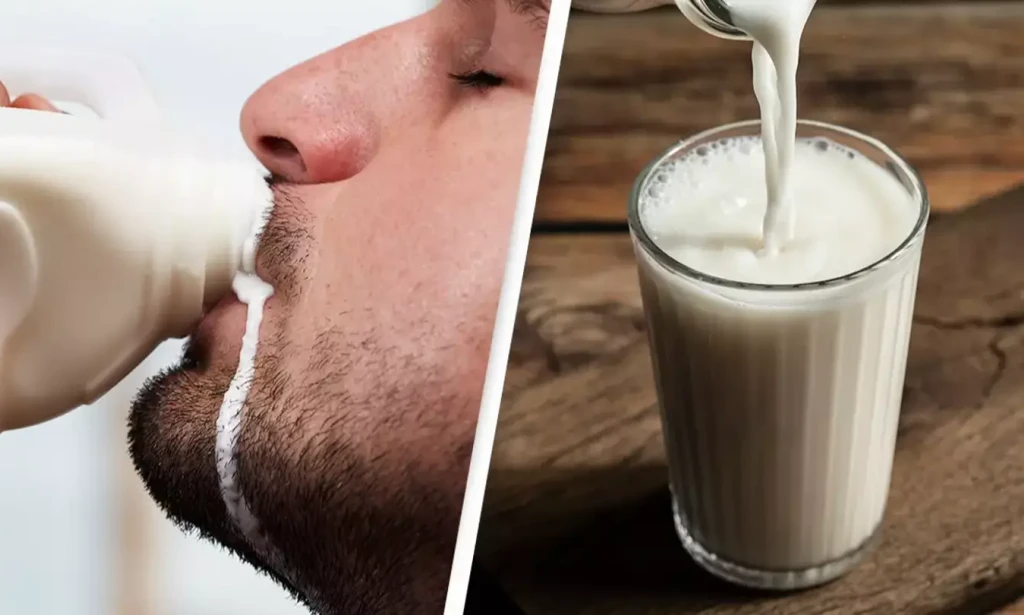For decades, milk has been marketed as a superfood — essential for strong bones and healthy growth. But new scientific studies are turning that belief upside down. Emerging research suggests that milk may not be the universal health drink we once thought it was — and in some cases, it could actually be harmful.
One major concern lies in hormones. Commercial cow’s milk often contains natural and synthetic hormones used to boost milk production. Studies have linked these hormones to potential disruptions in human endocrine function, possibly influencing early puberty, reproductive issues, and even some hormone-related cancers.
Another growing body of evidence questions milk’s role in bone health. Contrary to popular belief, countries with the highest milk consumption also have some of the highest rates of osteoporosis. Scientists believe that animal protein, like the kind found in milk, may increase calcium loss through urine — potentially weakening bones over time rather than strengthening them.
There are also concerns around chronic inflammation and acne. Some studies suggest that milk (especially skim milk) may trigger inflammatory responses in the body, leading to skin breakouts, bloating, or other discomforts in sensitive individuals.
And let’s not forget lactose intolerance — over 65% of the global population can’t properly digest lactose after infancy, yet milk continues to be treated as a dietary staple in many cultures.
So, is milk bad for everyone?
Not necessarily — but the “one-size-fits-all” messaging around dairy is being challenged. New science is showing that for many, milk may cause more harm than good.


You must be logged in to post a comment.